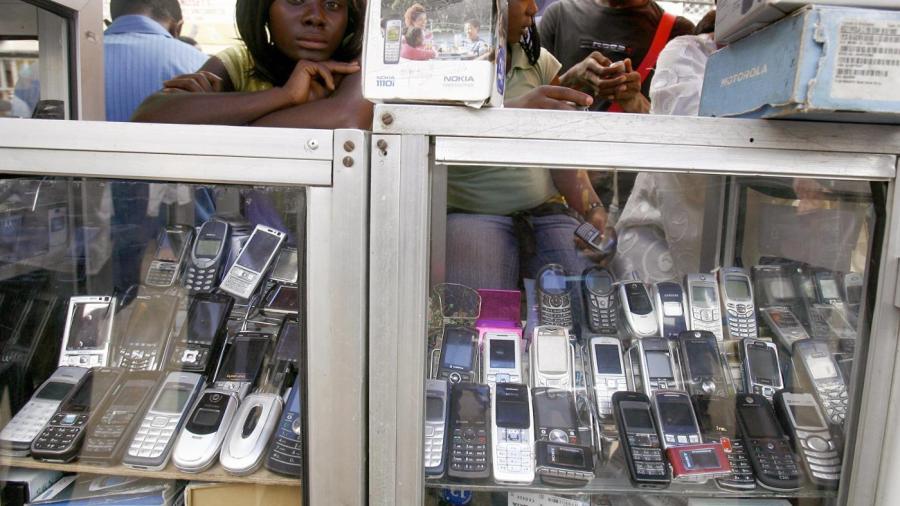What Is the History of GSM in Nigeria?

Global Services for Mobile communications, or GSM, is a telecommunications company that is used throughout Nigeria. GSM was introduced to the Nigerian market in 2001, when it replaced the company NITEL. NITEL previously had a monopoly over all of Nigeria’s telecommunications and data, but GSM provides much better service and more opportunities for the Nigerian people. It has also helped the Nigerian economy grow and stabilize.
GSM service has caused huge changes throughout Nigeria since it was first introduced. Nigerians now have access to a variety of different services that were never possible with NITEL, such as mobile banking, online payments, lower cost international calls and mobile TV. The lower prices associated with GSM also make Internet access easily accessible to a majority of the population. Having consistent Internet access has allowed Nigerian citizens to work online in a variety of different jobs and provide for their families. Because of the higher quality mobile service that GSM provides, the popularity of cellular phones in Nigeria has increased greatly. This helps to stimulate the Nigerian economy because more phones and accessories are being sold throughout the country.
Starting around 2010, the service quality of GSM began to decline. Some of the complaints that subscribers have are increased dropped calls, slower Internet connections and phone calls being routed to the wrong number.





